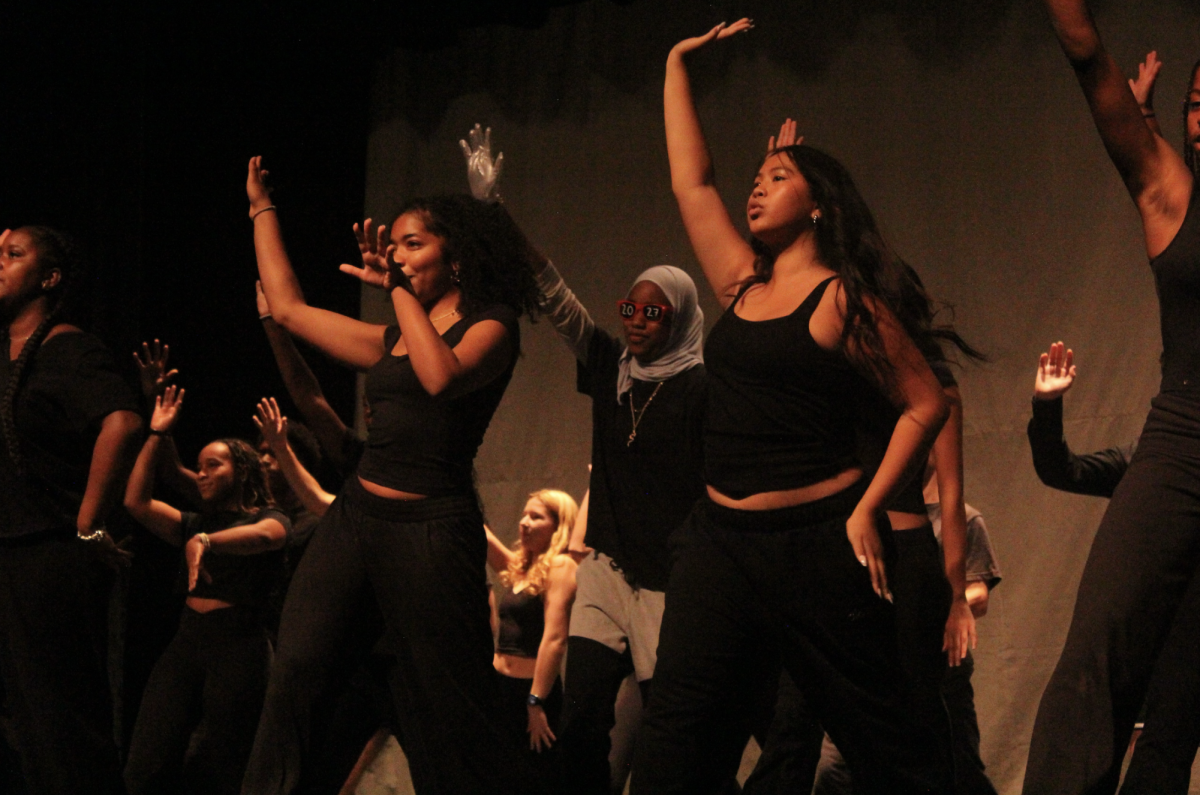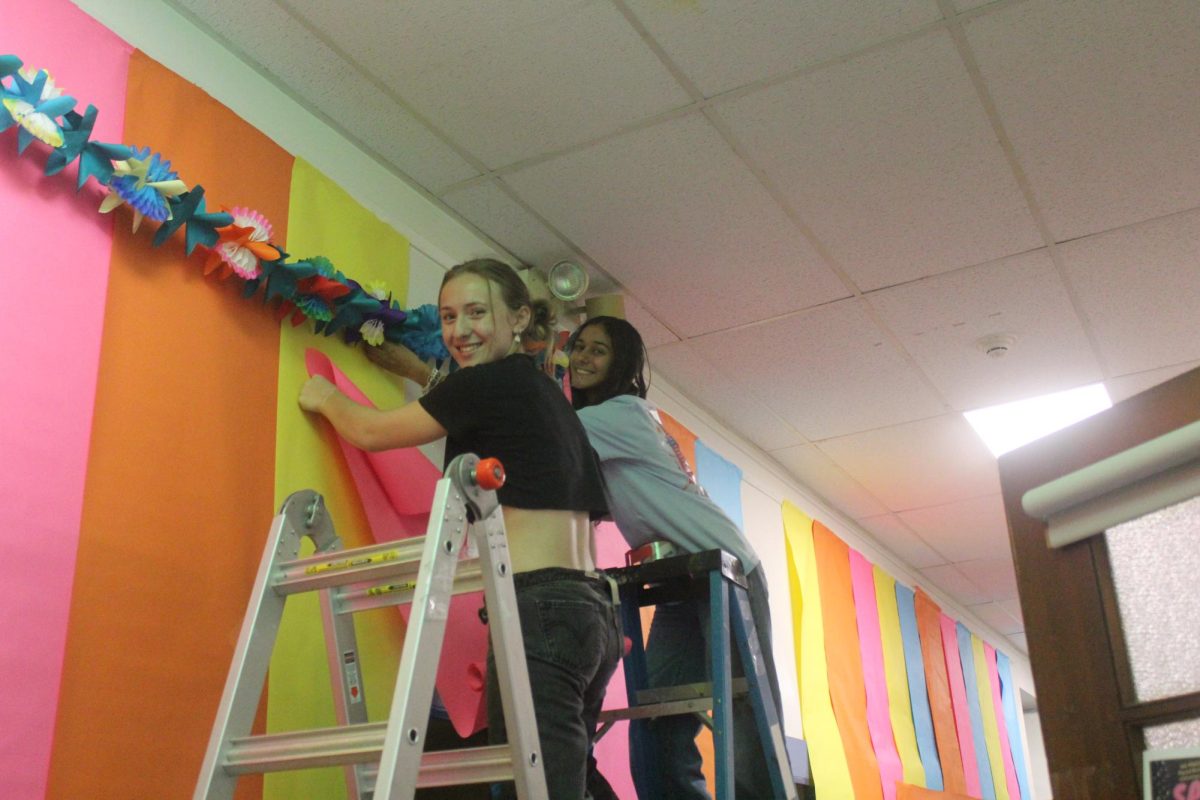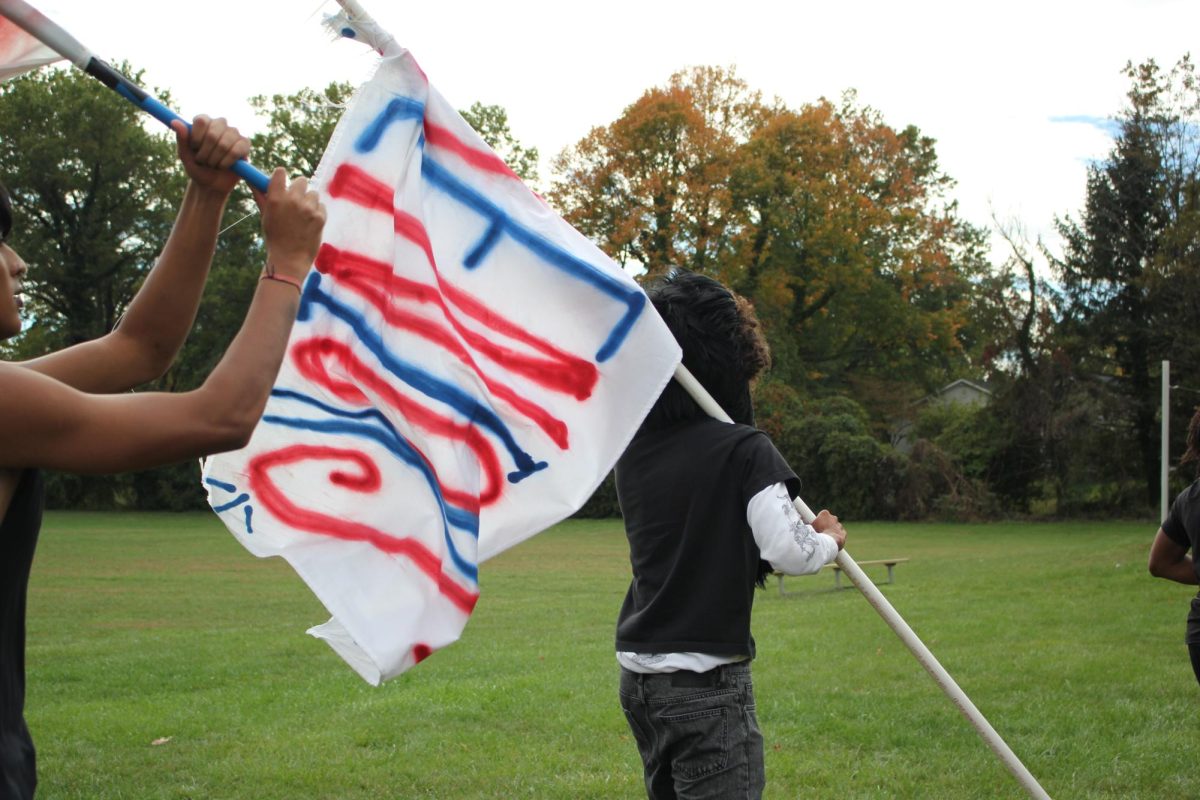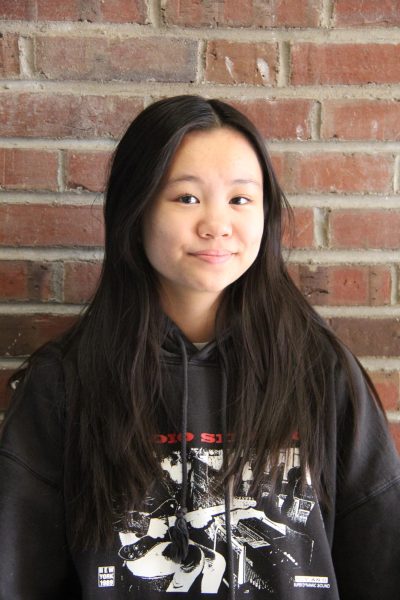
It is no secret that the 2024 Presidential Election brought mixed emotions to the MFS community. The polarizing nature of politics, especially this year, created an atmosphere of tension among the student body. Still, discussions surrounding the election occurred, varying within the student body due to factors such as ranges of personal relevance, political views, and comfort.
Political animosity and polarization stemming from a sharp contrast of policies and ideals between the two-party system establishes the potential for conflict. MFS reacted accordingly by requiring teacher training workshops concerning healthy discourse, especially during the election season. Additionally, the Worship Planning Committee and administrators allowed for the Meeting House to be a space for student and faculty reflection during and after Election Day. Finally, the Diversity Committee on November 6, Election Day, hosted its regular meeting to discuss the election, giving a general overview of the process as well as a space to share student thoughts in writing and out loud.
“Talking across differences,” a DEIB goal centered around healthy discussion of conflicting opinions, is applied heavily to discussions surrounding the election since many students have different perspectives.
Even though the majority of the student population is not old enough to vote, the election is still relevant to many students.
Aarav Shah ’26 said, “I think kids do care about the election because it’ll affect us going into college.”
Chase Konzelmann ’25 added, “While I can’t vote in [this] presidential election, staying involved in politics helps me be prepared to vote in the future whether it affects me or not.”
Other students care about the election because “people may feel endangered or not be here anymore” due to the outcome of the election, according to Maymouna Banks ’27.
Jaya Lawrence-Gupta ’26 stated that the election is a “big deal” to her, “bringing all the emotions back [from the 2016 election].” She added that being too young to vote makes it “hard … [to] have an outlook to talk about this stuff.”
Some students expressed that topics surrounding politics and the election were too controversial to discuss at school.
Zev Smith ’26 said that he believes he could support whoever he wanted, but tries not to bring up politics at school as he “[doesn’t] want to ruin friendship[s]” simply because of supporting the opposite candidate.
Kyle Meriwether ’26 noted strongly that “political conversation tends to end poorly.”
Jason Youssef ’26 affirmed that many people don’t discuss politics to avoid conflict while also acknowledging “a large culture of intentional ignorance about the election and politics in general among young people.” Nonetheless, while people may not discuss politics, it does not necessarily mean that they lack a sense of care for current events, according to Youssef.
Konzelmann noted that he talked about the election in his Law, Democracy, and Society class by learning about the violence that happens during the election and threatens people from both parties.
For Lawrence-Gupta, her AP US History class spent the whole period in the morning talking about the election, which she “appreciated.” Outside of class, she was “surprised at how little we talked about outside current events” and “wished that [MFS] did it more.”
Banks said that it was not discussed in any of her classes on Election Day, but some teachers told their students during class that they voted and wore “I Voted!” stickers.
The MFS community varies in its political affiliation, with some students such as Konzelmann stating that “our school does lean one way,” and others asserting that the election is a “divided situation” at MFS, according to Banks.
Some students spoke about their experiences with talking across differences. Konzelmann said that “some [people] aren’t as willing to listen, but some are.”
Ella D’Amico ’25 said, “Right now, I don’t feel comfortable talking about politics. I think it could ruin relationships.”
Ava Ellis ’25 commented on the disunity stemming from conflicting political opinions. “I don’t like talking about politics with friends because I’ve seen after this election that a lot of people seem to be mean to people that [don’t share] the same political view [as me]. I feel attacked.”
Rebecca Marks ’27 said she feels comfortable discussing politics because she has a lot of friends and faculty who share the same view as her. Yet, if they had opposing views, she would “not feel comfortable especially because of how divided the entire nation is right now.”
Other students, such as Aiden Eickhoff ’27, feel comfortable discussing his views if the topic is brought up, regardless of whether it is around those who disagree with him. He believes that “everyone’s views are welcome.”
Yet, Banks has stated witnessing conflict during Election Day with people “expressing [their] opinions in a disrespectful way that is making people uncomfortable to talk about what they really want to talk about.”
Interviewed before the election results, she was most concerned with students not “expressing [their] opinions and sadness, frustration, and happiness in a respectful way.”
Post-election had just as many mixed reactions as before the election.
Ellis stated, “Some people are upset [with] how it turned out and I think they’re taking it out on people [who support Trump].”
D’Amico felt that there was “no in-between” reaction to the election results.
Marks agreed with the strong feelings among the student body: “Most of MFS is pretty united with their reactions to the results so I think we’re pretty unified; most people are in the same state of uncertainty and fear.”
Amiya Sant ’26 said that she feels like “you can talk about [politics] because you mostly know who thinks what. It’s pretty obvious if someone goes for one party or the other – I’m not saying that in a negative or positive way, but it’s just because we’re such a small school – you know everyone’s thoughts for the most part.”
Sant said that she tends to discuss her political views with people who have the same opinion just because her friends lean in the same political spectrum. Yet, simultaneously, she is open to having conversations with people who have different opinions but is “bothered” when they “dismiss [her] thoughts” by laughing and shaking their heads.
Konzelmann stated the importance of “develop[ing] understandings from each side … [and] recogniz[ing] that both sides have valid beliefs.”
Banks supported this comment, stating that people should be educated on the topic before discussing it by “telling them what the true facts are, not thoughts or opinions,” so that discussions can be more “useful.”
Misinformation in the media, especially on platforms such as TikTok, Instagram, and X played a major part in spreading false information to the younger generation, a fact that Shah regarded as “dangerous” and “contributes to [how] people feel about the election.”
Meriwether said that political posts on social media increased the awareness of the youth, yet was “bad” because of “propaganda from one politician to another,” which may influence the youth’s perspective on candidates.
Meriwether also commented on the election’s affiliation with the younger generation. “It’s a pretty interesting political climate because [of] the sheer amount of political jokes … from newer generations. I’d say the biggest place where the younger generation is showing interest in politics is online with memes and jokes.”






